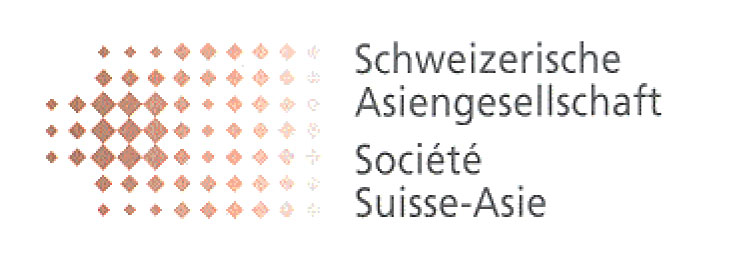New Media, Creative Industries and Cultural Entrepreneurs in China
International Workshop
Chair of Chinese Culture and Society
School of Humanities and Social Sciences
University of St.Gallen
Convenors:
Daria Berg, Chair Professor (Ordinaria) of Chinese Culture and Society, School of
Humanities and Social Sciences, University of St.Gallen
Giorgio Strafella, Senior Research Fellow, Chinese Culture and Society, School of
Humanities and Social Sciences, University of St.Gallen
Description
This workshop aims to contribute to the ongoing analysis of the role of the new media and
cultural industries in today’s China, focusing on the figure of the cultural entrepreneur. This
event will bring together a group of international scholars to examine both well-established
and emerging examples of Chinese cultural entrepreneurs in the field of literary creation and
publication, visual arts production and curation, cinema, social media, news media, digital
media, and online gaming.
The cultural sphere of twenty-first century China displays a high degree of interaction and
integration between realms such as literary creation, cinema and gaming, artistic production
and social media, traditional news media and online citizen journalism, and so on. At the same
time, the economic reforms initiated by Deng Xiaoping, especially since the 1990s, have
allowed for the (re)emergence of the figure of the cultural entrepreneur. This figure—who
straddles the business world and cultural field—has often embodied the above-mentioned
interaction between different realms of the cultural sphere. For example, Zhang Xianliang
(1936-2014) and Wang Shuo (b. 1958) count among the trailblazers. Nowadays said interaction
and integration centre around the Internet and online creativity—for example, online fiction
being adapted as films and games. The workshop will also examine the role of gender and the
emergence of women cultural entrepreneurs in the new mediasphere.
If market-oriented reforms since the 1990s sow the seeds of an entrepreneurial ‘creative class’
in mainland China, the Party’s emphasis over home-grown ‘innovation’ since the Eleventh
Five-Year Plan (2006) has spurred its growth. In a context where a Party-controlled framework
tries to function within an imperfect market environment, the dominance of said framework is
‘challenged by creative entrepreneurs empowered by powerful consumers demanding creative
content without state interference’.1 China’s central authorities seek to develop the national
culture industries into a ‘pillar’ sector of the economy and wish for their rise to global influence
in the near future. As the Party-state leadership orders state-owned cultural enterprises to grow
in size and profitability, it also instructs all players in the field of cultural production and
distribution—including private companies—to deliver ‘social benefits’ and promote ‘core
socialist values’ with their business activities. In a nutshell, the tension between competing
policy aims and priorities foregrounds the ambiguous and yet ever-prominent status of culture
and creativity in a ‘new era’ of socialism with Chinese characteristics.
Programme
12:30-14:00 Lunch
Workshop venue: room 09-114, Library Building
14:15-14:25 Introduction
14:25-14:55 Daria Berg & Giorgio Strafella: “Women Cultural Entrepreneurs,
Transmediality and Celebrity Culture in a Globalising China”
14:55-15:25 Marco Fumian: “A Case of Creativity between ‘Success Studies’
(chenggongxue 成功学) and Ideological Education”
15:25-15:45 Coffee Break
15:45-16:15 Stephanie Hemelryk Donald & Yi Zheng: “Centenarians as Fin-de-Siecle
Cultural Entrepreneurs: A Discussion of Vernacular Strategies for Cultural
Space in China”
16:15-16:45 Helena Wu: “The Spectatorship and the Circulation of Ten Years in Hong
Kong”
16:45-17:05 Coffee Break
17:05-17:35 Nicolas Zufferey: “Censorship and Cultural Creation in Today’s China”
17:35-17:45 Wrap up
18:30 Dinner
1 Chang, Shaun, 2009: ‘Great Expectations: China’s Cultural Industry and Case Study of a Government-
Sponsored Creative Cluster.’ Creative Industries Journal 1.3, 264.
